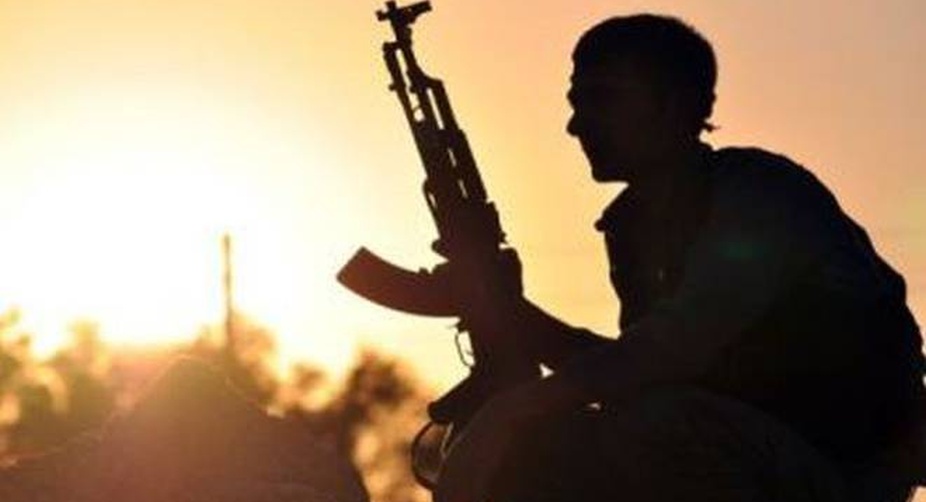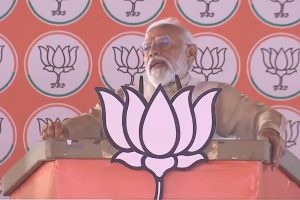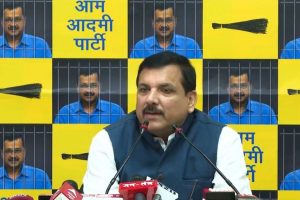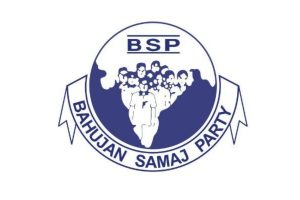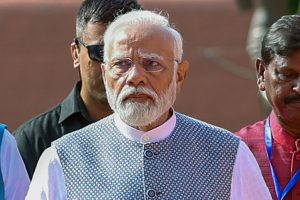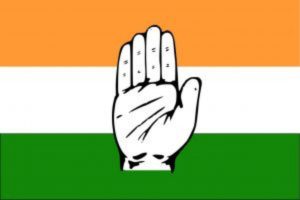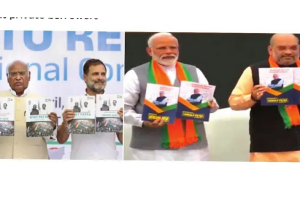For almost thirteen years there was peace along the Line of Control (LOC), the de-facto border between India and Pakistan in Kashmir. While sanctity of the LOC was never compromised, occasional skirmishes due to infiltration attempts supported by Pakistani army firing, were changes from the normal. Firing was generally limited to small arms.
Antiinfiltration patrols and ambushes in layers seeking to eliminate militants as they attempted to infiltrate was an additional responsibility for Indian soldiers. Villagers living in the vicinity had rebuilt their lives and homes, since the ceasefire of 2003, and gained financially from their fields. Life had returned to almost normal as compared to the volatility of artillery and mortar duels which was the norm prior to the ceasefire. Uri and the subsequent surgical strike brought the LOC back to its original status. It witnessed daily violations, sniper fire, mortar duels, targeting of civilians specifically from the Pakistani side and Border Action Team (BAT) attacks, which implies a combination of special forces and militants tasked with mutilating Indian soldiers martyred in an ambush. BAT actions were aimed at lowering Indian morale; however they did the reverse and hardened resolve for retaliation. Indian retaliation was swift, fierce and spread across wide areas employing dominance of firepower to degrade Pakistani defences.
Casualties mounted on both sides, with Pakistan bearing the brunt. Firing spread from the LOC to the International Border (IB) in the Jammu Sector, which is also called the working boundary by Pakistan. Villagers were compelled to leave their homes and move to safer places. Fields across the fence which were once tilled were now barren. Schools in border villages were closed and there was fear in the local populace. For Pakistan, activating the LOC is another means of keeping the Kashmir issue alive in international eyes. Pakistan has always claimed that India is responsible for activating the LOC, mainly to distract world attention from the Kashmir agitation. An active LOC also enables it to hide its internal turmoil from its populace. With the valley returning to normal, there was no other alternative to escalate the Kashmir problem. Induction of militants was low since demonetisation, as fake currency to support militant operations had been rendered useless. Militarily, Pakistan can never succeed in its desires on Kashmir.
China may only provide diplomatic support upto a level. It would never permit any worsening of the situation bringing it close to a conflict scenario as it would adversely affect its investments in the China Pakistan Economic Corridor. Having taken the bold decision to launch the surgical strike and retaliate to violations in full measure, India conveyed its intentions to Pakistan and the international community. It was prepared for the long haul. Pakistan’s new army chief, General Qamar Javed Bajwa, has now taken charge. He would need to settle in, after all he was fourth in seniority. Their other two service chiefs (navy and air force) have also joined the bandwagon of threatening India, only to provide support to the beleaguered retiring army chief. For both countries, the armies cannot be seen to avoid retaliating. Moral domination over the enemy is essential. Loss of even one soldier must be avenged. Retaliation is generally done from posts which dominate and employing direct firing weapons of heavier calibre.
India employs its field and air defence artillery guns in direct firing role, which results in maximum damage. India possesses a greater quantum of troops and firepower along the LOC, hence retaliates with force. Pakistan has reduced deployment, as since the implementation of the ceasefire, it had moved troops from the sector to battle militancy on its western borders. Further, since India does not infiltrate militants, Pakistan does not require an anti-infiltration grid. There are reports that Pakistan is contemplating moving additional forces to the LOC. Earlier Pakistan could compel the US to apply pressure on India by threatening to withdraw troops battling the Taliban. That bluff is no longer valid, as the world is aware of the truth. In recent days, the volume of Indian retaliation has been excessive and has caused serious damage to Pakistan, compelling it to seek peace. Thus the Pakistani DGMO spoke to his Indian counterpart last week to reduce tensions along the LOC. There are few possible reasons for this sudden request.
Firstly, it could be to enable the present chief to retire without any last-minute surge in firing, leading to increased casualties, which could blot his performance and mar a smooth transition. This suits India as it would be glad to see the last of him. Secondly with winters approaching, Pakistan would need to carry out repairs to its damaged defences, which India would also need to partially undertake. Thirdly, in case tensions persist, Pakistan may be compelled to move its reserves battling terrorists on its western borders to the LOC. Such an action has its own ramifications. Reducing troops from counter insurgency to deal with increased Indian threat, would permit antiPak terrorists from regaining ground, while continuing with lesser forces on the Indian border creates vulnerabilities which India could exploit. Peace along the LOC is always fragile. Infiltration attempts supported by the Pakistan army or a BAT action could result in its collapse and reactivate intense firing. The appointment of General Bajwa as the new army chief is unlikely to bring about any change in the prevailing environment. He cannot be seen to be different from his predecessor at the commencement of his tenure. Changes to policy, if any, would only be visible with passage of time. For India, it is wait and watch. Meanwhile any violation from Pakistan should be resorted to in full measure, which is the only way, they can be pressurized to change as also realize that India means business.
(The writer is a retired Major General of the Indian Army)

